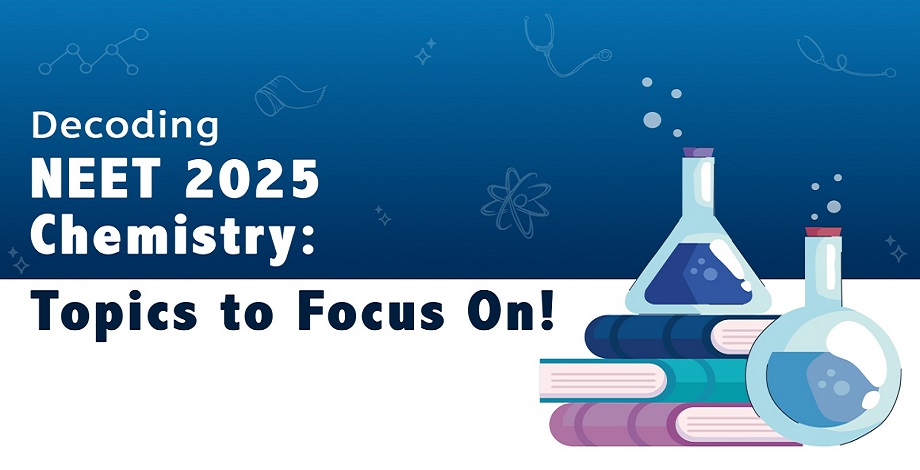Get all the latest information on Events,
Sales and Offers. Sign up for newsletter today.
Marathi Compulsory for Classes 11 & 12? Maharashtra State Steering Committee Proposes Changes!

As part of the New Education Policy (NEP) 2020, the Maharashtra State panel has proposed making Marathi a compulsory subject in junior colleges. This change will affect students in classes 11 and 12.
Currently, Marathi is optional in many non-state board schools. However, from the next academic year i.e. 2025-2026, it will be mandatory for all schools across the state as per the draft proposal.
The three levels of Marathi learning will each carry 100 marks accommodating different student backgrounds. The three levels are as follows:
- Professional Marathi: For students who studied in Marathi medium schools, allowing them to further improve their language skills for higher education and professional use.
- Functional Marathi: For students from non-Marathi medium schools who have not learned the language up to class 10. This course will focus on functional language skills.
- General Marathi: For students who have learned Marathi as a subject in non-Marathi medium schools but were assessed by marks. This level will ensure they continue learning the language at a general proficiency level.
Language Options in Junior College
In addition to Marathi, students in junior college will have the option to learn other languages as well. The committee has recommended offering minimum of one to maximum of three languages to students. These include foreign languages like French, German, Russian, and even Hebrew.
For students aiming to take international exams such as TOEFL, IELTS, GRE, or SAT, an Advanced English course will also be introduced as an optional subject to help them prepare for these tests.
Framework and Implementation
The National Education Policy (NEP), 2020 marks the first major overhaul of India's education system in 34 years, replacing the Education Policy, 1986. It aims to provide access to easy, quality, and affordable education.
The NEP’s goals are set to be achieved by 2030, and its implementation is guided by a key component, the National Curriculum Framework (NCF), which provides the structure for educational reforms.
Maharashtra, with its rich tradition of educationists and social reformers, is at the forefront of these changes. Based on the NEP, the state's education department has developed the State Curriculum Framework for School Education (SCF-SE). This framework aims to prepare students for the challenges of the 21st century, offering them both, the opportunities and skills to adapt to future challenges.
To ensure the best quality, 11 workshops with experts were conducted, gathering feedback from educators, students, and parents. This input has been used to shape the final framework.
The goal is to make education more inclusive by:
- Offering students the chance to learn multiple languages.
- Simplifying Math for students from disadvantaged backgrounds.
- Changing board exams and evaluation methods to be more student-friendly.
- Giving students the freedom to choose subjects.
- Encouraging advanced subjects like English for students aiming for competitive exams.
- Emphasising vocational education and integrating local cultural, historical, and geographical knowledge.
Looking Forward
This State Curriculum Framework will guide the creation of syllabuses and textbooks that reflect the state's educational needs, traditions, and features. In order to fulfill the State Curriculum Framework’s (SCF) objectives, changes in administration and teaching methods would also be required.
Once the draft proposal is accepted, the SCERT, Balbharati, and the Pune Board will play vital roles in implementing these changes.
This comprehensive approach to curriculum reform aims to enhance the quality of education in Maharashtra, providing students with the skills and knowledge they need to succeed.
Click here to read the official draft proposal in Marathi.
Related Tags
Comments
Search
Recent Posts

Pariksha Pe Charcha 2025 with PM Narendra Modi: Registrations open, Apply Before This Date
December 19, 2024

NEET-UG 2025 Syllabus Finalised: Key Insights Released by NMC
December 18, 2024
_676141570fb82.jpg)
Changes Announced for CUET-UG & CUET-PG 2025 Exam: What Students Need to Know
December 17, 2024

NEET Biology Syllabus 2025 - Chapter-wise Weightage & Important Topics
December 13, 2024

NEET Chemistry Syllabus 2025, Organic, Inorganic, Physical Chemistry Topics
December 06, 2024
Recent Posts

Pariksha Pe Charcha 2025 with PM Narendra Modi: Registrations open, Apply Before This Date
December 19, 2024

NEET-UG 2025 Syllabus Finalised: Key Insights Released by NMC
December 18, 2024
_676141570fb82.jpg)
Changes Announced for CUET-UG & CUET-PG 2025 Exam: What Students Need to Know
December 17, 2024

NEET Biology Syllabus 2025 - Chapter-wise Weightage & Important Topics
December 13, 2024

NEET Chemistry Syllabus 2025, Organic, Inorganic, Physical Chemistry Topics
December 06, 2024




You need to log in before you can comment or reply